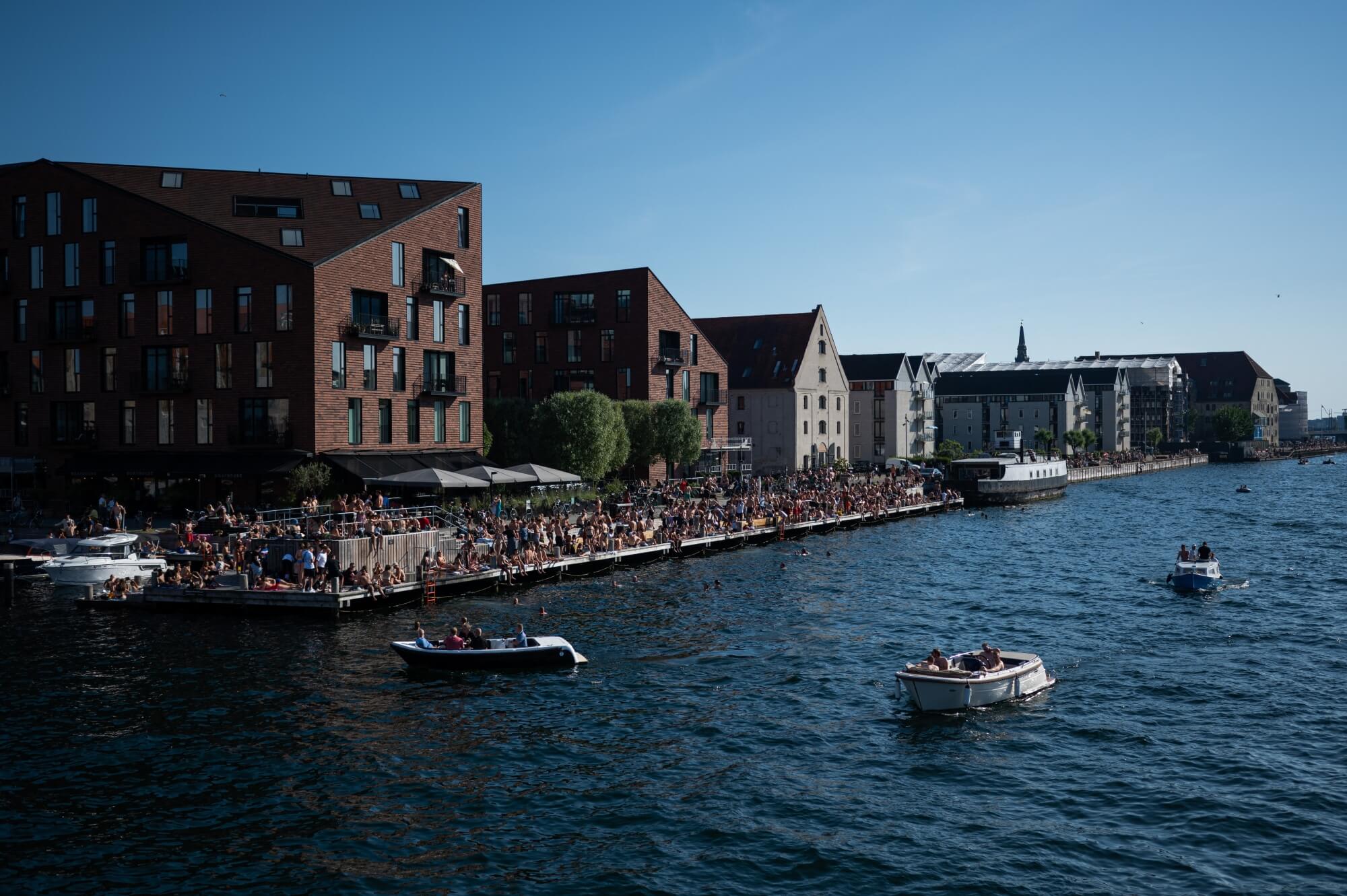
Things are looking up for Europe-bound international students. European travel restrictions are easing in some countries, which would see the removal of testing requirements and mandatory quarantine.
The World Health Organisation (WHO) previously called for countries to lift or ease their international travel bans amid the pandemic “as they do not provide added value and continue to contribute to the economic and social stress”.
Here’s what we know so far about European travel restrictions for students who are planning to study in the region.

From Feb. 9, 2022, travellers from the European Union (EU) or Schengen Area will be able to enter Sweden restriction-free. Source: Jonathan Nackstrand/AFP
European travel restrictions: Update for students
Sweden
From Feb. 9, 2022, travellers from the European Union (EU) or Schengen Area will be able to enter the country restriction-free, regardless of their vaccination or recovery status. The Swedish Police website notes the entry ban is in effect till March 31, 2022 for the rest of the world.
“This means that you need to be covered by an exemption in order to be allowed to enter Sweden from a country outside EEA*, and in most cases even the EU Covid Certificate or a negative COVID-19 test max 72 hours old is required. Some exemptions to the test requirement exist,” said the website.
It might be possible for students travelling to Sweden for studies that last less than a year to enjoy an exception to the entry ban. Click here for details.
Norway
The Norwegian government has removed quarantining requirements. However, all travellers over the age of 16 arriving in Norway must complete registration prior to arrival. Unvaccinated individuals must submit proof of a negative COVID-19 test result.
“The requirement of documentation of a negative test result taken prior to arrival continues to apply to people over the age of 18 who cannot produce a certificate or a COVID-19 certificate showing that they are fully vaccinated or have recovered from COVID-19 during the past 6 months,” said the government.
The government adds: “Universities, university colleges, and vocational schools are recommended to strive for teaching requiring that people are physically present. The recommendation to keep a one-metre distance may be disregarded during teaching.”

Travel rules are frequently updated with little to no notice; students should monitor government websites for the latest European travel updates. Source: Jonathan Nackstrand/AFP
Denmark
Travellers who are vaccinated or who have recovered from the virus and come from EU/Schengen countries, or from COVID-19 risk countries and COVID-19 high-risk countries, can enter Denmark without testing or isolation.
Travellers from EU/Schengen countries must either take a test either before entering Denmark or within 24 hours of entry, while travellers from countries considered by Denmark as COVID-19 risk countries must take a test within 24 hours of entry. This also applies to travellers who have had a test taken before entry. Click here for details on rules and exceptions.
Greece
Those who hold a valid EU COVID Certificate are exempted from the COVID-19 testing requirement. Other travellers are subject to the testing requirement, even if they have been vaccinated or have recovered from the virus.
Other travellers, regardless of their vaccination status or proof of recovery, are required to display a negative COVID-19 test before the scheduled arrival. Click here for details.
Travel rules are frequently updated with little to no notice; students should monitor government websites for the latest European travel updates.










